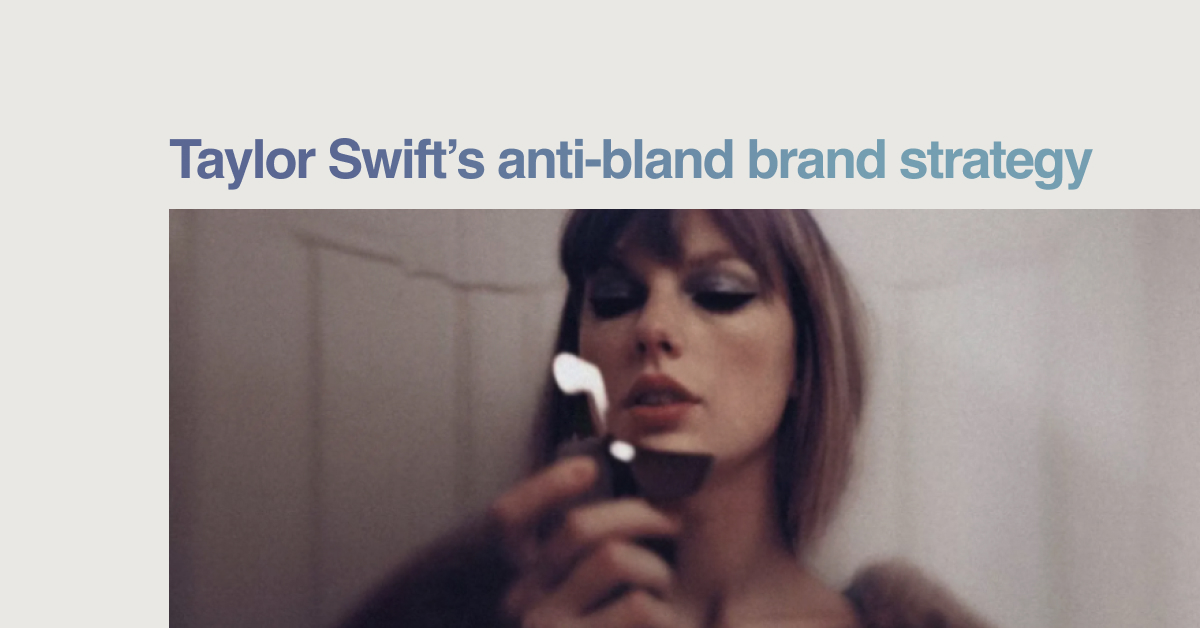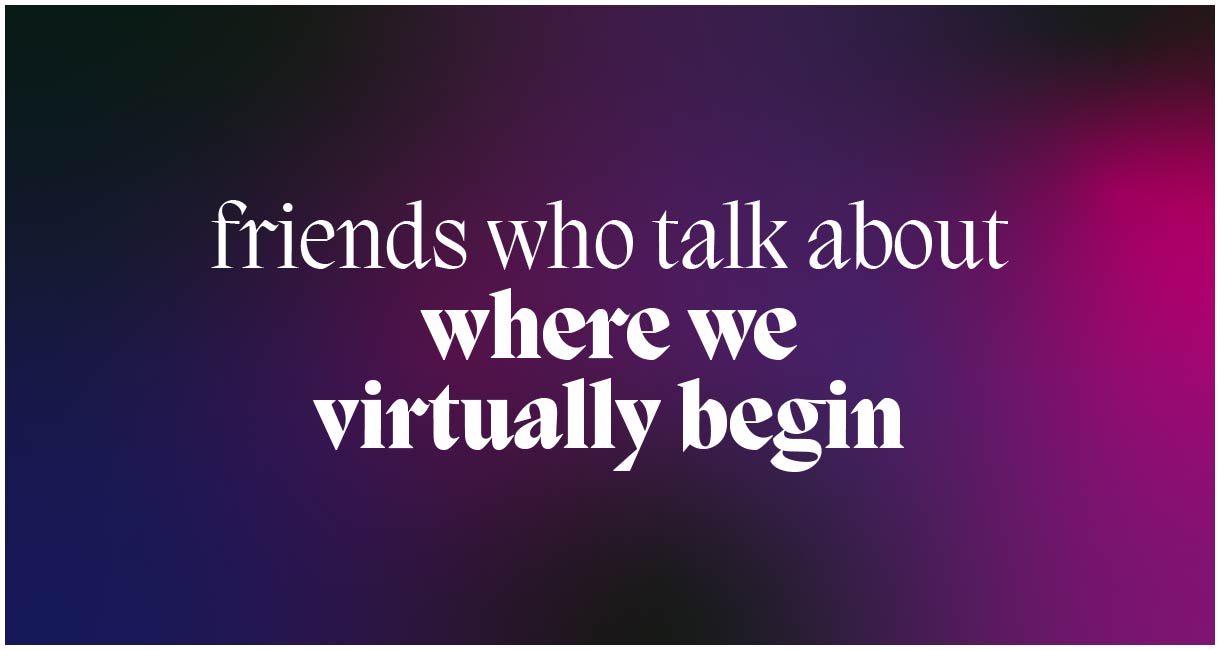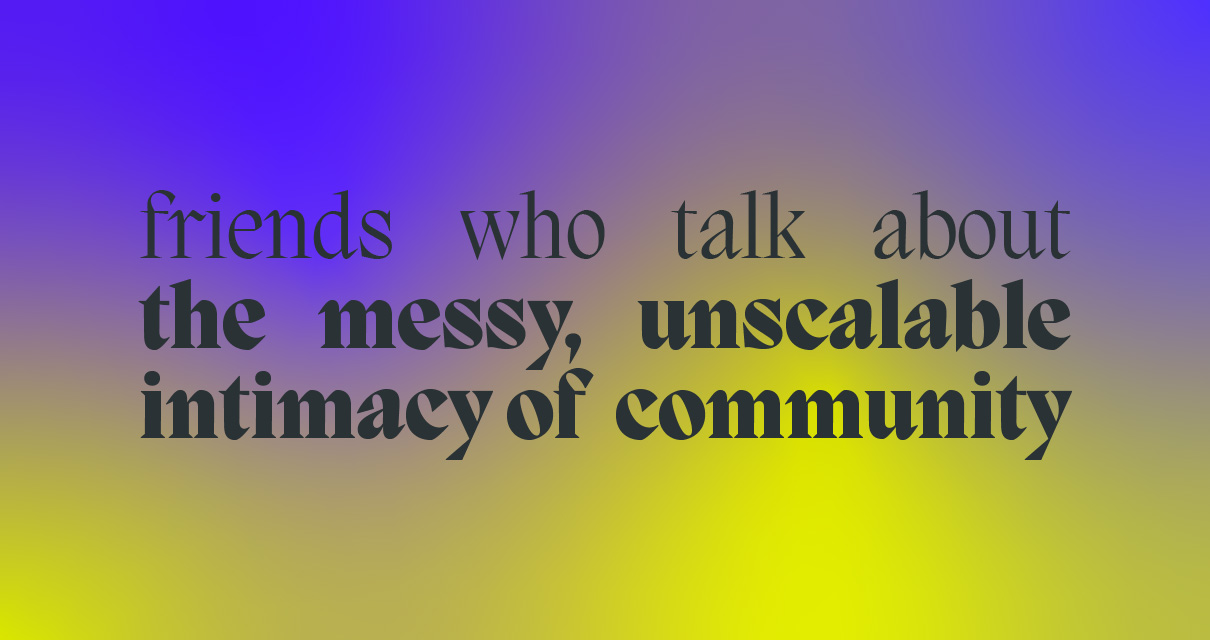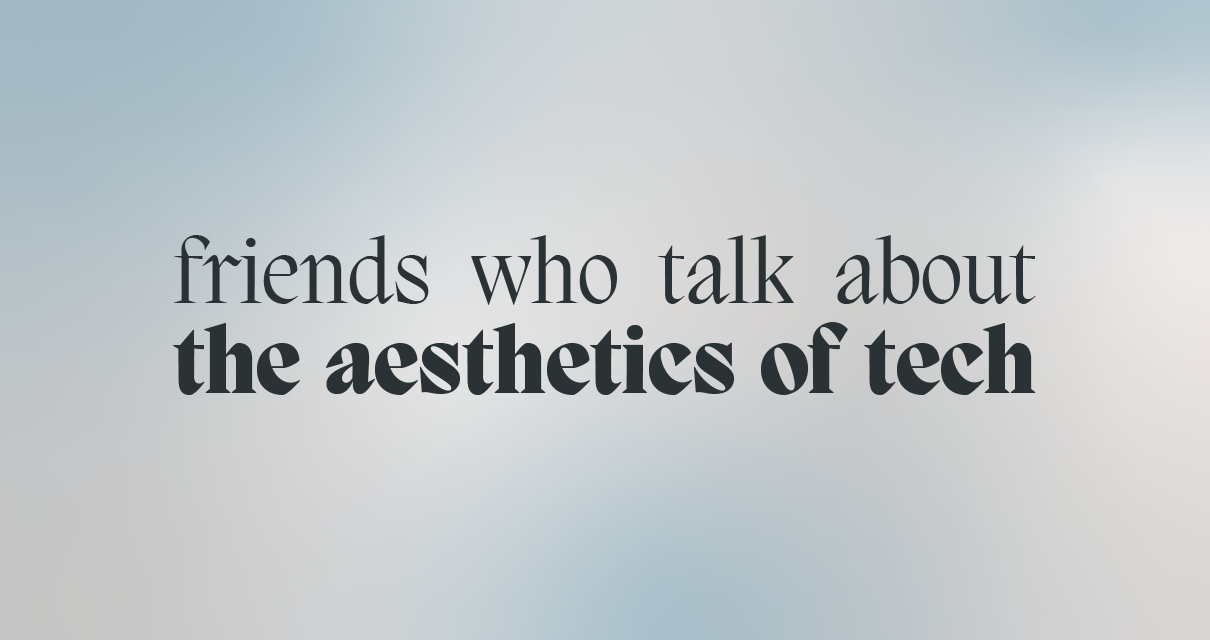
Latest in: friends who talk
Hi, friends. Today we're talking Taylor Swift. I'm thrilllled to welcome Cincinnati-based strategy director and consultant Anna Wilhelm for a chat and chew on what Taylor does better than most consumer brands out there, …
Hi, friends. Today you're meeting friends, Eugene and Charis (!!), making their debut through the latest edition of friends who talk. Today's piece isn't short but I figure the interested ones will make their …
Hi friends, Hello world. What words do we have left to greet the world? What is civic responsibility in the face of attack? What is collective organizing in the face of despair and disparity? …
Introducing friends who talk about…: an editorial series where I invite friends from all corners of the world to spontaneously muse on topics we have edgy thoughts on. (Like a culture podcast but the …
© 2025 Vicky Gu




